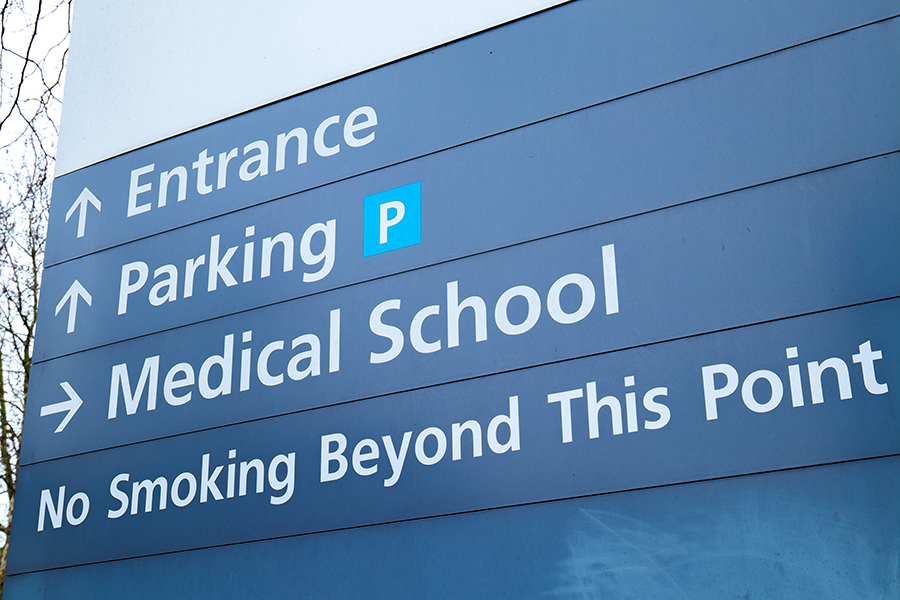By Reuters, originally published in The New York Times
CHICAGO — Illinois fought on Friday against a potential court order it contends could cost the state, which just ended an unprecedented budget impasse, as much as an additional $1 billion annually to care for developmentally disabled people.
In arguments before U.S. District Court Judge Sharon Johnson Coleman, advocates for disabled people living outside of institutions said Illinois is violating a federal consent decree by failing to provide required services due to insufficient funding.
The state maintained that even with the enactment last month of its first full budget in two years along with a tax hike, it still lacks enough money to pay off a more than $14 billion backlog in bills.
Additional funding to comply with the consent decree would have to be squeezed from existing spending on services for the developmentally disabled or from other unrelated programs, according to a court filing by the Illinois Attorney General’s Office.
Brent Stratton, chief deputy Illinois Attorney General, told the judge the fiscal 2018 budget allocated $53 million for the first rate increase for developmentally disabled services since 2008. He said Illinois is in “substantial compliance” with the decree and that the funding boost should be allowed to play out.
“The court has the power to enforce the consent decree, but there is a limit,” Stratton said. “The court can’t order us to increase rates.”
Another U.S. judge ordered Illinois in June to increase payments to $586 million a month for Medicaid providers that were owed more than $3 billion for caring for poor and disabled residents covered under a separate federal consent decree.
Lawyers for the developmentally disabled residents pointed to a $5 billion income rate increase Illinois enacted in July to bolster its sagging budget, saying that money could be tapped in the future to fund services.




















